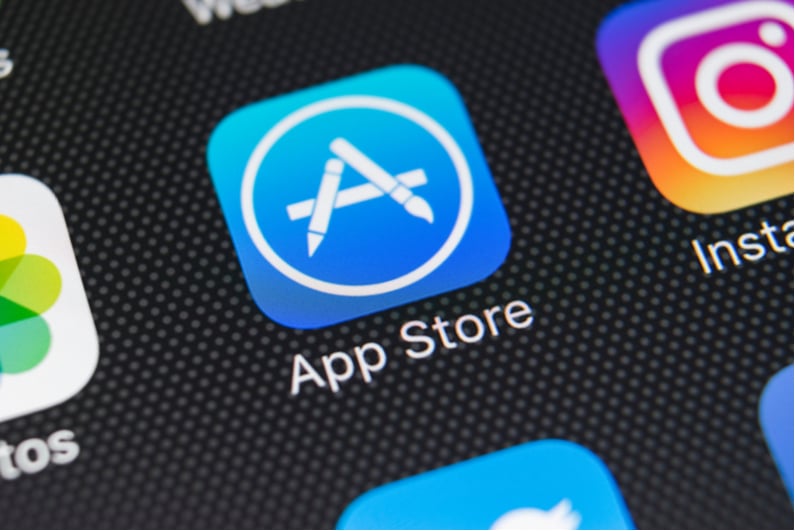Changes to developer rules
Buried deep in a number of key announcements at Apple’s WWDC 19 conference on Monday was a guideline change for gaming apps available through its App Store.
As Apple repositions itself as a provider of entertainment rather than a developer of hardware, the announcements included the mothballing of iTunes, the rollout of iOS 13, better protections for children’s data, and new laptops.
And among updated guidelines for app developers was a note that, effective immediately, all new gaming apps must be native to iOS. Existing ones must be updated by September 3. The important change for such apps is that they no longer permit the use of real money.
Guideline 4.7. HTML5 games distributed in apps may not provide access to real money gaming, lotteries, or charitable donations, and may not support digital commerce. This functionality is only appropriate for code that’s embedded in the binary and can be reviewed by Apple. This guideline is now enforced for new apps. Existing apps must follow this guideline by September 3, 2019.
The updated guidelines are clearly intended to block any possibility of gambling on an iPhone or iPad.
The previous guidelines in Section 4.7 Games, Bots Etc said: “Apps may contain or run code that is not embedded in the binary.”
Going native
This seemingly small change, that all code must now be embedded, means new gaming apps must be native to iOS, or existing ones updated to native standard. Apple prefers native apps because they work better, taking advantage of a device’s iOS to load more quickly and deliver better performance.
The change will force developers to build a completely standalone version of a gaming app, totally different from one for Android if they want it to be approved for the App Store. Building apps is time-consuming and expensive; developers get around this by creating a standard app that can be tweaked for different mobile systems – iOS, Android, or Windows.
For major game developers, the cost of building native iOS gaming apps is easily affordable. These companies earn millions, and app development costs are pennies by comparison.
Smaller developers may have to make big decisions about whether updating their apps or developing native ones for iOS is worth the hassle. Some may well choose simply to withdraw their apps from the App Store.
Globally, Apple’s iOS reach is around 505 million users, versus Android’s user base of 1.4 billion, which is 74.45% of the smartphone market. The US and UK are important markets for iOS. Last year, around 44.6% of US smartphone owners opted for Apple, compared with 55.4% Android users. In the UK, Apple’s iOS share of the market to March 2019 was 49.3%.
Apple further announced Monday that it is launching a separate iOS for iPad in the fall that will make it function more like a desktop computer. For many small developers, the cost of building two versions of a native iOS app will be prohibitive, and not worth it even for the lucrative US and UK markets.
Apple’s anti-gambling stance
Apple has a history of being anti-gambling. It has frequently pulled apps in countries where gambling is banned or heavily restricted.
Last summer, the tech giant pulled an estimated 25,000 gambling apps from its App Store in China. Gambling is illegal in China, except in Macau where there are licensed casinos. The ban extends to smartphone apps and Apple’s purge came after sustained media pressure there.
Apple said in a statement: “Gambling apps are illegal and not allowed on the App Store in China. We have already removed many apps and developers for trying to distribute illegal gambling apps on our App Store, and we are vigilant in our efforts to find these and stop them from being on the App Store.”
In August 2018, the Norwegian Gaming Authority asked Apple to remove 38 gambling apps from its App Store in Norway. On request, Apple also blocked IP access to such apps if Norwegian gamblers managed to download them from another country’s App Store.
The Norwegian regulator reminded Apple that its app guidelines state: “Apps that offer real money gaming (e.g. sports betting, poker, casino games, horse racing) or lotteries must have necessary licensing and permissions in the locations where the App is used, must be geo-restricted to those locations, and must be free on the App Store.”
Apple purged another 700 gambling apps in China in November 2018.




